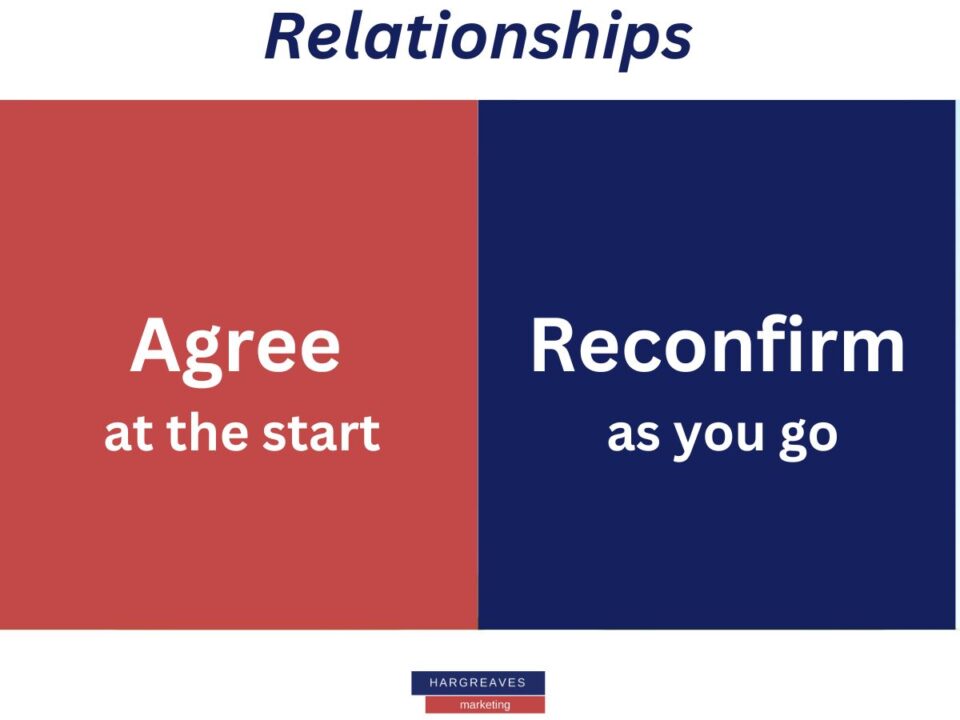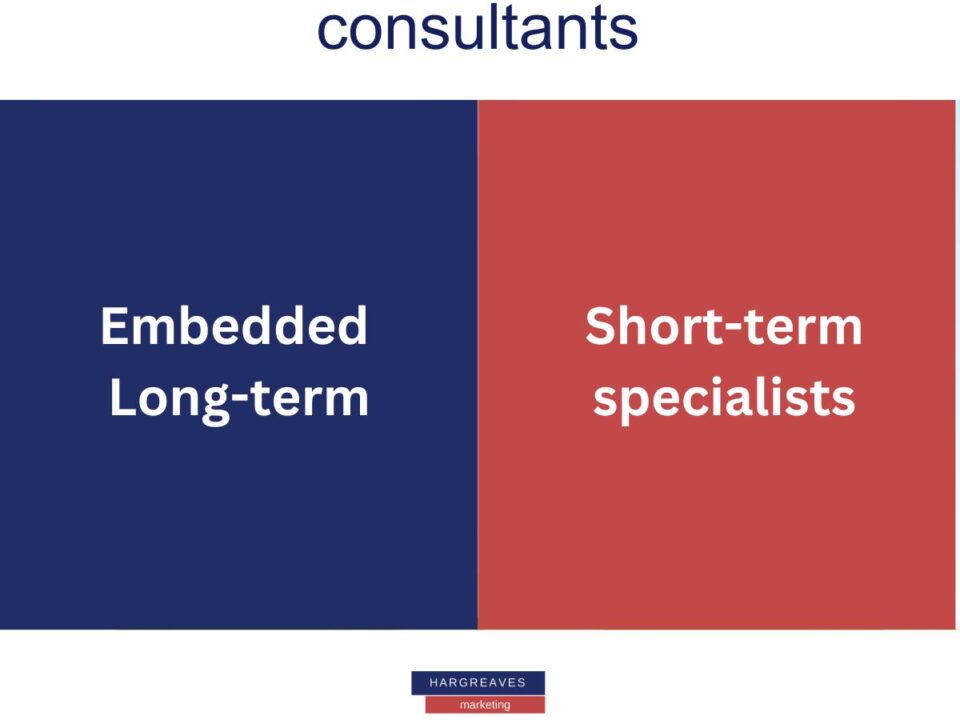The Power of 3: Knowledge, Guidance and Discipline
21st February 2023The Perfect Pitch Requires Improving Both Standards and Consistency
3rd March 2023Business Case versus Winning Pitch
We all want our recommendations to gain approval and receive funding, however what is more important to both the organisations that we serve and of course our own careers, is that our recommendations actually work when put into practice, and with the passage of time prove to be successful.
If this sounds like common sense, then that is because it is. The approach that would make absolutely no sense at all is where the emphasis is only put into the ‘pitch.’
Let’s compare the two:
- Emphasis on the viability of the business case.
- Emphasis on a winning pitch.
Now think about the organisations that you have worked for and the business meetings and boardroom presentations that you have attended where a recommendation has been made and ask yourself, where was the emphasis for those recommendations? Did you see a pitch or a business case?
Another approach is to reverse engineer the process and with the benefit of hindsight look back at both successful ventures and unsuccessful implementations and ask how did these get approved? Was it because of a slick winning pitch or was it because the idea had substance?
A business idea has substance when it is supported with a professional business case. This is a multi-page document that includes several essential elements that provide an overview, a balanced appraisal and a recommendation. A business case needs to feature both the upsides and the downsides related to a recommendation.
A business presentation that features only the positives is a one-sided pitch not a professionally produced business case. The difference is that such a pitch is a clear attempt to convince and persuade rather than provide information to enable evidence-based decision making.
Business people who only pitch either do not know how to produce a business case, or perhaps choose to avoid doing them for a number of reasons including time, or because they do not want people to be aware of the potential risks.
Avoiding discussing the risks does not remove the risks it actually increases them because the business is unprepared for them should they arise.
Consultants frequently observe situations like this which can include avoidance to explicitly discouraging reference to any ‘negatives.’
There often lies the difference. People who are in-house are often put under pressure to ‘toe the line’ by only including favourable information to the pitch. The greater the level of politics, the greater the pressure to conform, even if it means that incorrect or unbalanced information is presented to decision makers.
In contrast, the role of a consultant is to understand the problem and help the client in the construction of a well-balanced business case that can be used to arrive at an informed decision. At Hargreaves Marketing we provide a structured approach and coaching support to help our clients to develop the capabilities to produce professional business cases.
Where is your emphasis when making recommendations: on delivering a winning pitch or providing an evidence-based business case to enable good decision making?
Adrian Hargreaves is a sales and marketing consultant and owner of Hargreaves Marketing Ltd, a strategic sales and marketing consultancy based in Blackburn, Lancashire, UK.



